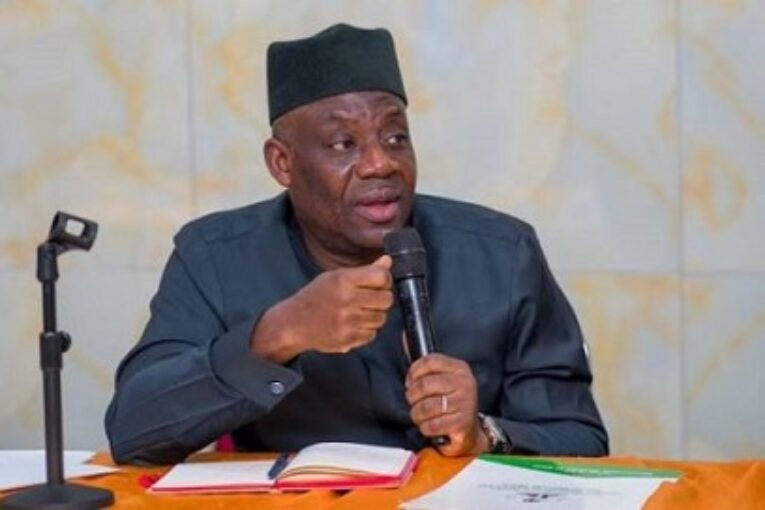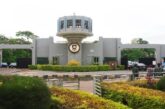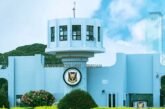
A review of admission policy into tertiary institutions which will liberalize it to accommodate more qualified candidates has been undertaken by the Federal Government.
The review made known yesterday by the Federal Ministry of Education’s spokesperson, Folasade Boriowo is intended to provide opportunities for additional 300,000 candidates to gain admission yearly.
In the current dispensation, no more than 700,000 of about 2 million candidates that applied for admission are able to make it.
In the new plan, Mathematics will no longer be a compulsory subject for students seeking admission into tertiary institutions to study Arts and Humanities-related courses.
The statement said that the revised National Guidelines for Entry Requirements into Nigerian Tertiary Institutions aim to eliminate unnecessary barriers while maintaining academic standards.
Under the new framework, students seeking admission into Arts and Humanities programmes will only be required to present credits in relevant subjects, including English Language, while Mathematics will remain compulsory for Science, Technology, and Social Science disciplines.
For the polytechnic level, candidates must obtain a minimum of four credit passes, including English Language for non-science courses and Mathematics for science-based programmes. Mathematics and English remain compulsory for candidates at the Higher National Diploma level.
Similarly, the guidelines specify that for admission into Colleges of Education, English Language will be mandatory for Arts and Social Science courses, while Mathematics is required for Science, Vocational, and Technical programmes.
The same requirements apply to Innovation Enterprise Academies (IEAs) as Polytechnics for the National Diploma (ND) program.
The government also abolished the National Innovation Diploma (NID).
In addition, the government said that the National Industrial Diploma (NID) previously issued by Innovation Enterprise Academies will be phased out and replaced with the National Diploma (ND) to ensure uniformity, credibility, and progression opportunities for graduates.
It added that the National Board for Technical Education (NBTE) was currently re-accrediting all IEAs nationwide to align with the new ND standards. Institutions that fail to transition to full accreditation will be de-accredited.
The Minister of Education, Dr. Tunji Alausa, said the move was part of efforts to expand access and create a more inclusive tertiary education system.
According to him, the reform has become necessary after years of restricted access that left many qualified candidates unable to secure admission.
“Every year, over two million candidates sit for the Unified Tertiary Matriculation Examination (UTME), yet only about 700,000 gain admission. This imbalance, he notes, is not due to a lack of ability but rather to outdated and overly stringent entry requirements that must give way to fairness and opportunity.
“The reform is a deliberate effort to expand access to tertiary education, creating opportunities for additional 250,000 to 300,000 additional students to be admitted to our Tertiary Institutions each year. It reflects a firm commitment to ensuring that every Nigerian youth has a fair chance to learn, grow, and succeed, putting the Renewed Hope Agenda into action,” the statement said.
It added: “The revised National Guidelines for Entry Requirements into Nigerian Tertiary Institutions are designed to remove barriers while maintaining academic standards. The new framework applies to universities, polytechnics, colleges of education, and Innovation Enterprise Academies (IEAs) across the country.
The minister added that harmonising admission guidelines will help reduce the number of out-of-school youths, strengthen vocational and technical training, and align Nigeria’s tertiary education structure with global and industry standards.
He reiterated that young people remain the heartbeat of the nation, and the government is committed to equipping them with the education and skills they need to reach their full potential and contribute meaningfully to national development.
“The Federal Government remains steadfast in its commitment to inclusive education, human capital development, and youth empowerment in line with the Renewed Hope Agenda of President Bola Ahmed Tinubu,” the statement added.




